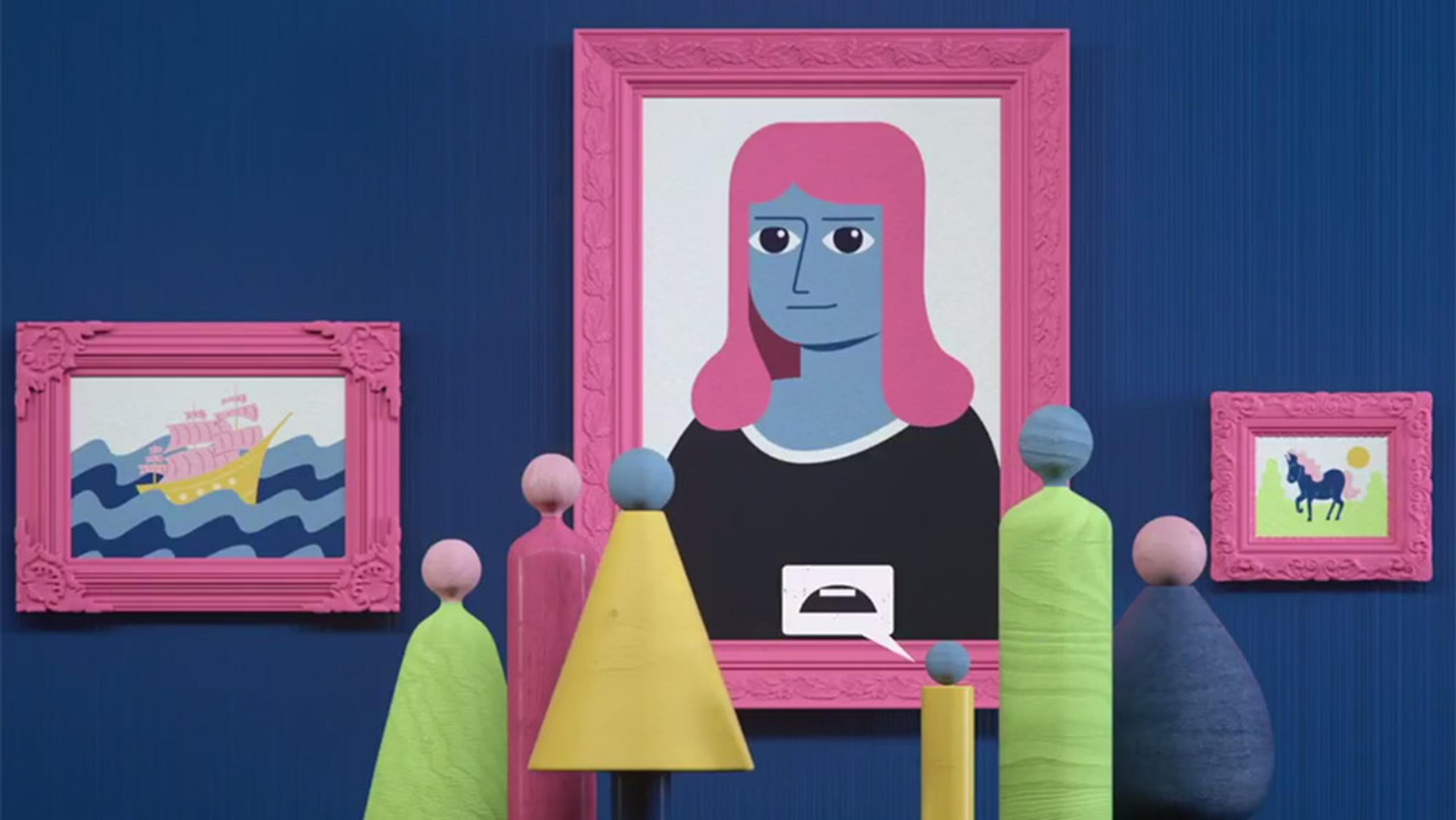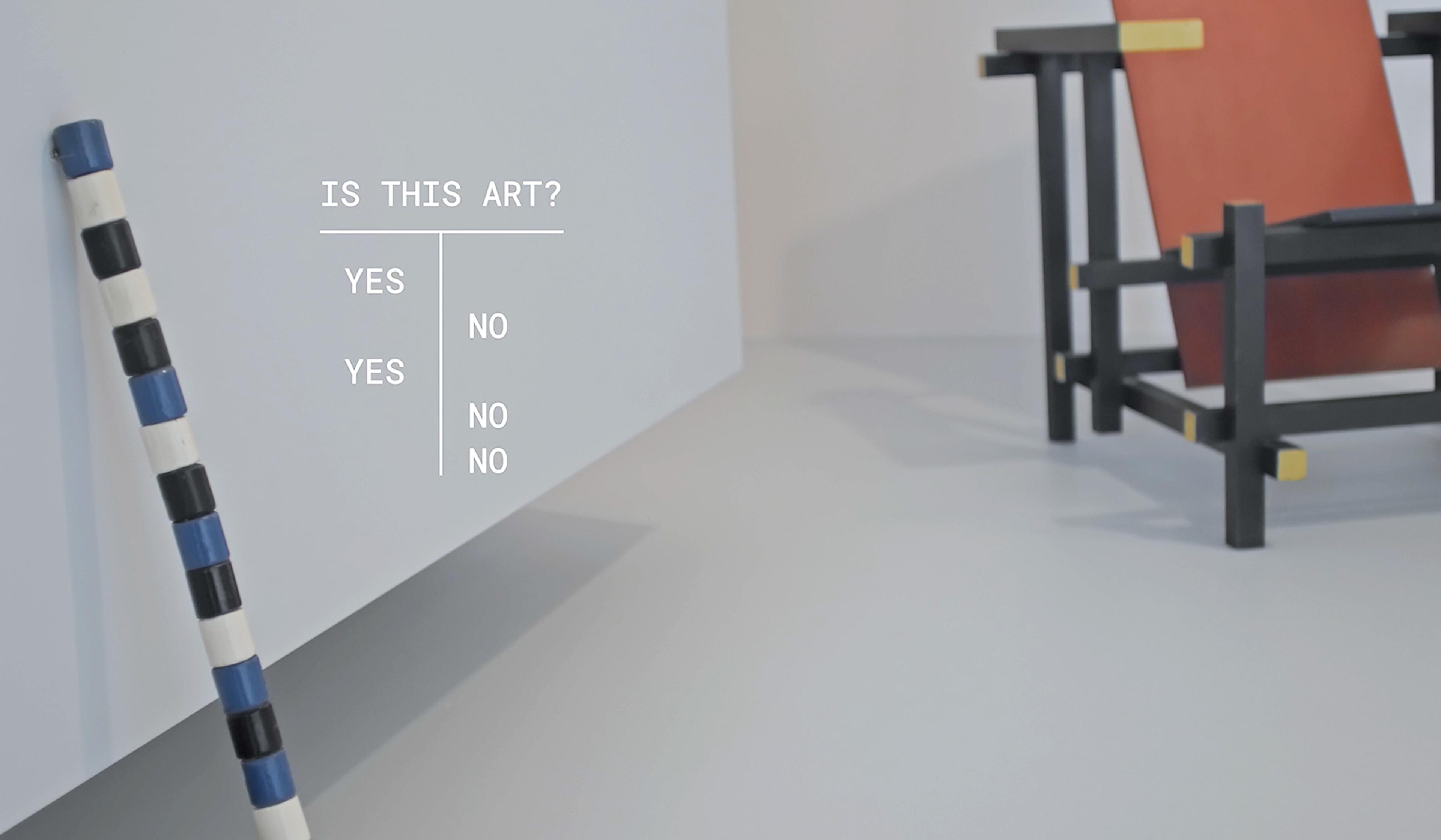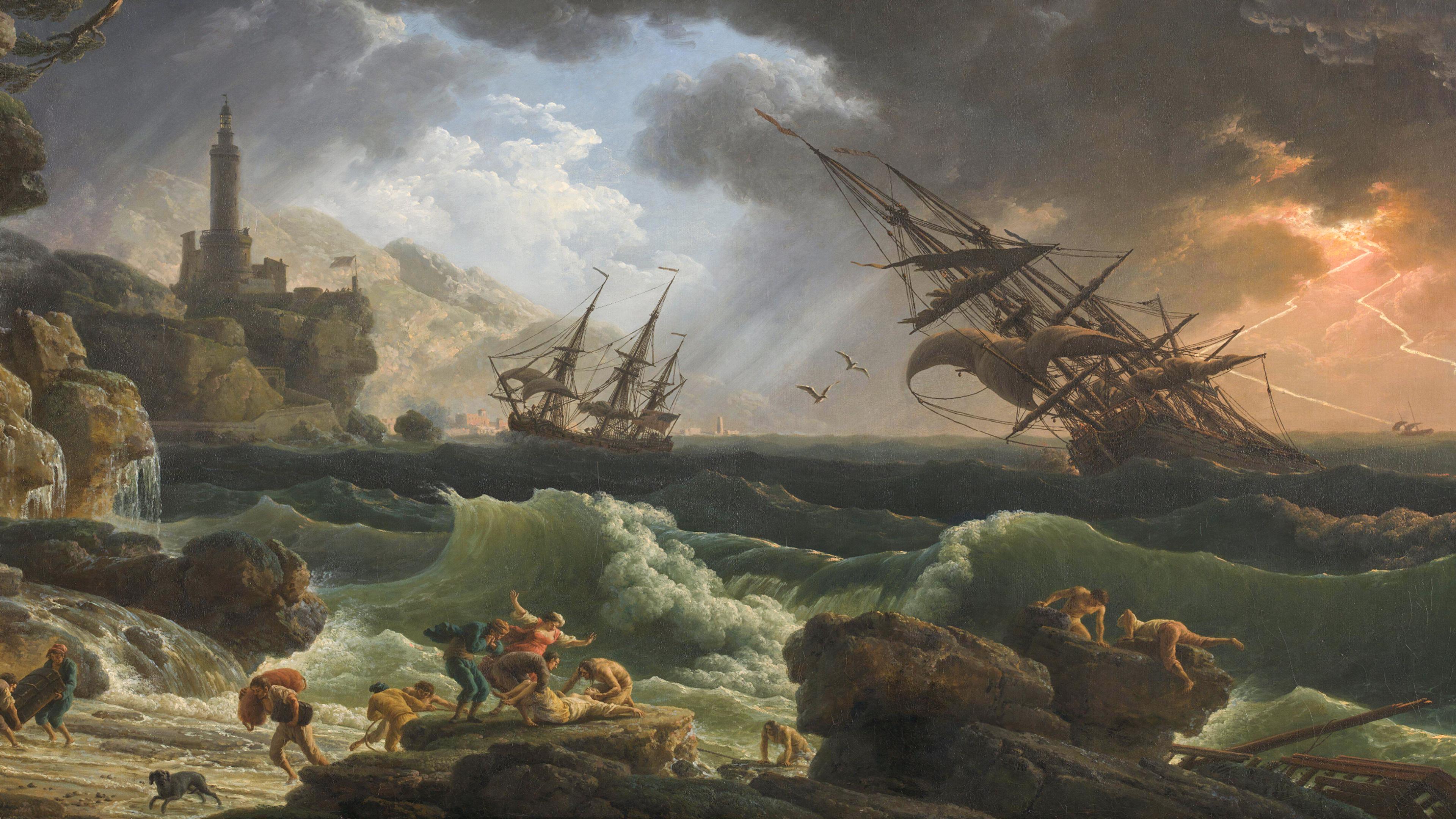You’re staring at a painting in a gallery and see a symbol of love. In the same image, your friend sees a symbol of war. To settle the debate you Google the work only to learn that the artist had neither topic in mind when they created it. Was anyone wrong? Or, perhaps, is everyone right? Should this change how you see the painting, or should your personal interpretation be safe from this new information? This animation from TED-Ed traces the history of this ongoing debate over art and intention, exploring the contending viewpoints of philosophers and art critics such as Monroe Beardsley, Walter Benn Michaels and Noël Carroll, each of them – either ironically or appropriately – with their own unique perspective.
Does the artist’s intention matter, or is it indeed all in the eye of the beholder?

videoNeuroscience
On the ‘beholder’s share’ – how past experience influences our perception of art
5 minutes

videoArt
What does an AI make of what it sees in a contemporary art museum?
15 minutes

videoArt
‘Long Live Degenerate Art’ – how a Surrealist group in Cairo defied repression in 1938
4 minutes

videoBeauty and aesthetics
Not just a meme, but a masterpiece – why the Mona Lisa earns its exalted place in art
33 minutes

videoBeauty and aesthetics
Can you see music in this painting? How synaesthesia fuelled Kandinsky’s art
10 minutes

videoMathematics
After centuries of trying, we’ve yet to arrive at a perfect way to map colour
20 minutes

videoArt
The Renaissance art illusion that proved everything is a matter of perspective
14 minutes

videoBeauty and aesthetics
In art, the sublime is a feedback loop, evolving with whatever’s next to threaten us
9 minutes

videoEthics
What’s an idea worth? How prominent thinkers have understood intellectual property
6 minutes